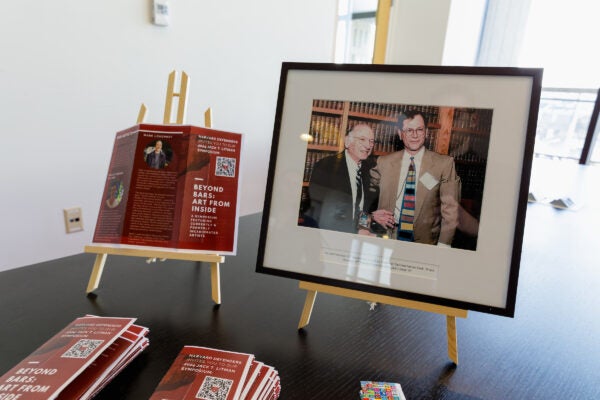“We wanted people to tell us about their humanity, and about the way that the incarceration experience changed them,” says Déborah Aléxis ‘25. This April, she and fellow student Apoorva Dixit ‘24 organized the Jack T. Litman Symposium through the student practice organization Harvard Defenders.
The two spearheaded the revival of the Litman Symposium, an initiative funded by a grant aimed at amplifying perspectives often unheard within the legal education landscape. Their vision was to provide a platform for formerly and currently incarcerated individuals to share their stories through artwork.
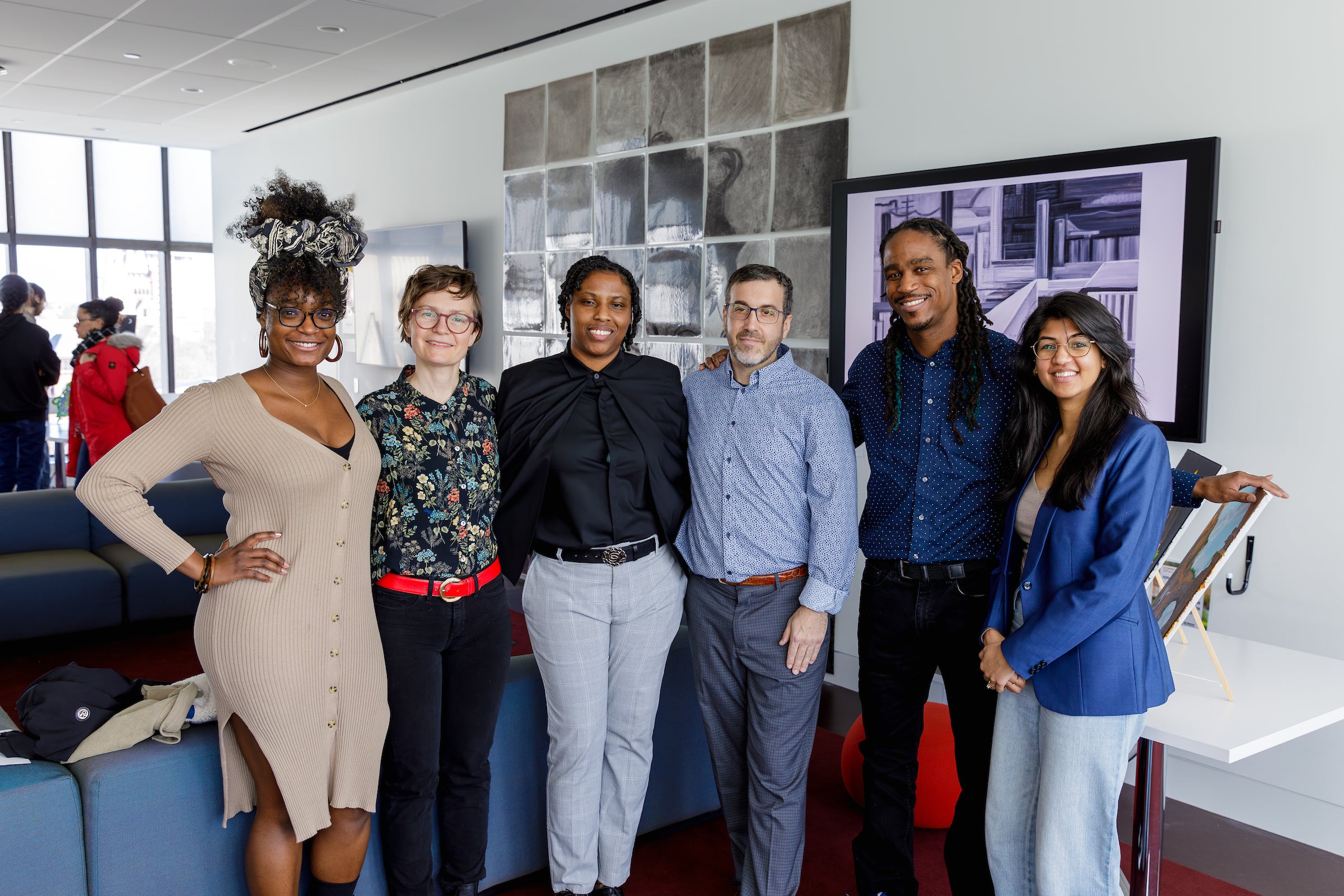
Centering the directly impacted
For Aléxis and Dixit, the symposium represented an opportunity to reframe how conversations surrounding the criminal legal system are conducted. “In the zeitgeist right now, we talk a lot about police reform or abolition or taking down the system,” Aléxis explains. “But I think for many people who have been impacted by incarceration, whether they themselves have been or their family members have been, they have a more experience-based understanding of what’s actually happening within the criminal legal system. It’s important to consider them.” She adds, “being in school, our exposure to critiques of the criminal legal system is primarily academic, which can distance us from the visceral experience within these systems. The symposium was a way to help us cross that distance, directly face, and deeply engage with the effects of incarceration.”
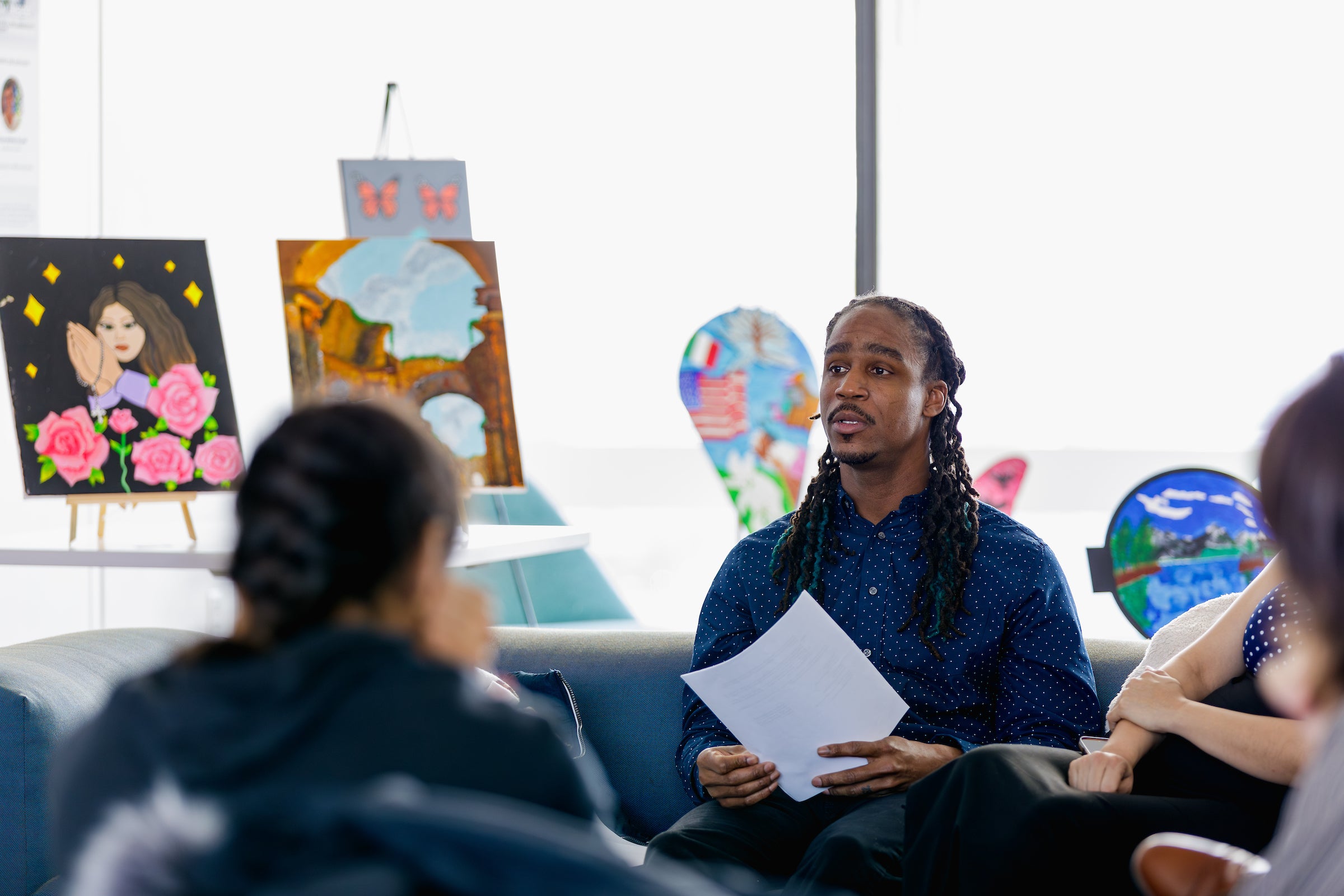
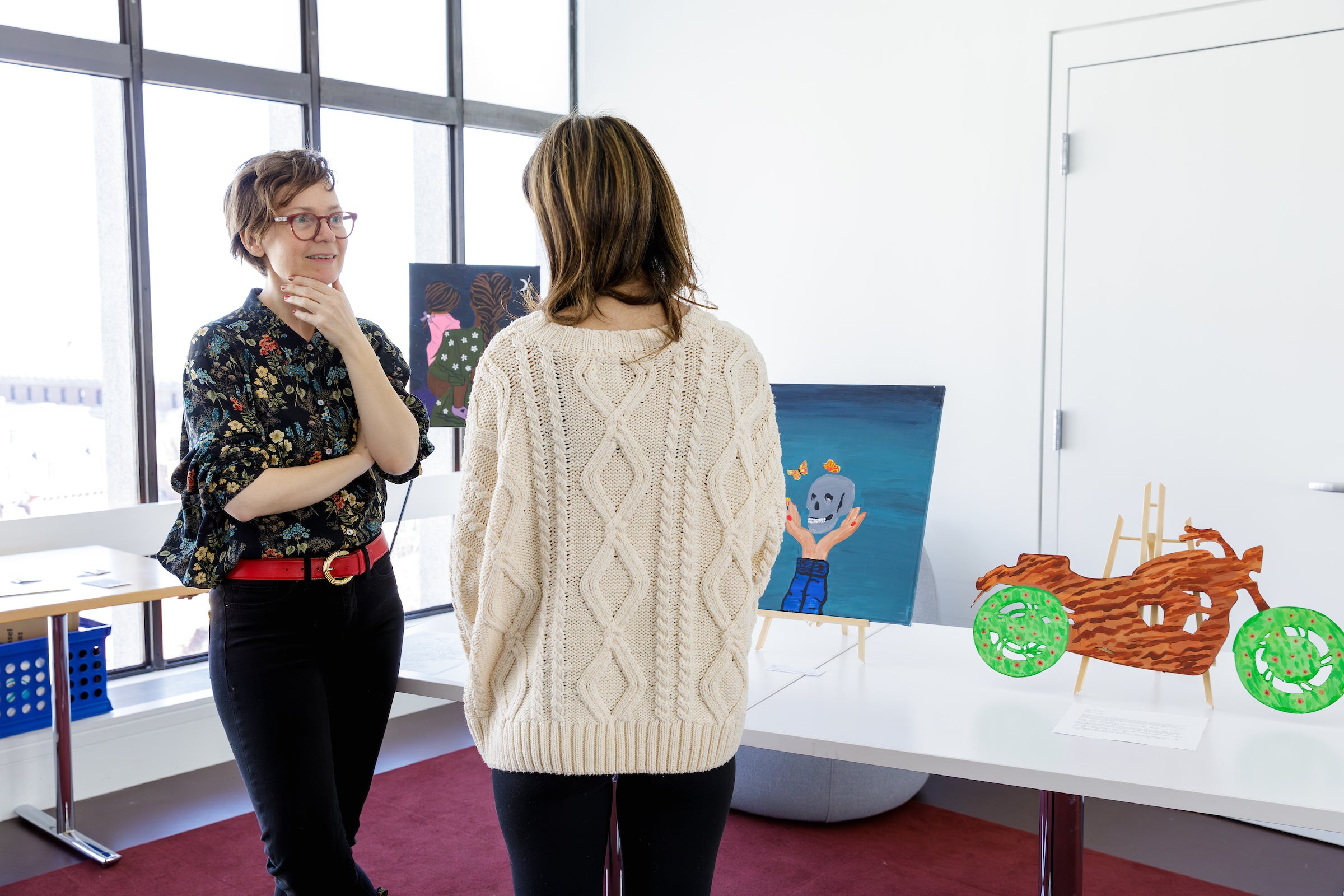
By featuring artists who had experienced incarceration firsthand, the organizers sought to underscore the humanity often overlooked in academic and policy discussions. “It was a way for us, as the Defenders committee, to de-center ourselves and instead say, ‘These are the people we serve, let’s listen to them. Let’s give them the stage,'” Aléxis says.
The curation process involved tapping into networks both local and distant. They partnered with Professor Adriaan Lanni, who engages in restorative justice work in Massachusetts with the Transformational Prison Project, which connected them to Eric Anderson, a formerly incarcerated artist and Board Member of Justice4Housing, a Boston-based housing justice and anti-carceral organization. A serendipitous encounter with a Defenders alumnus introduced them to Mollie Hosmer-Dillard, an artist teaching in Utah correctional facilities who shared her students’ powerful works.
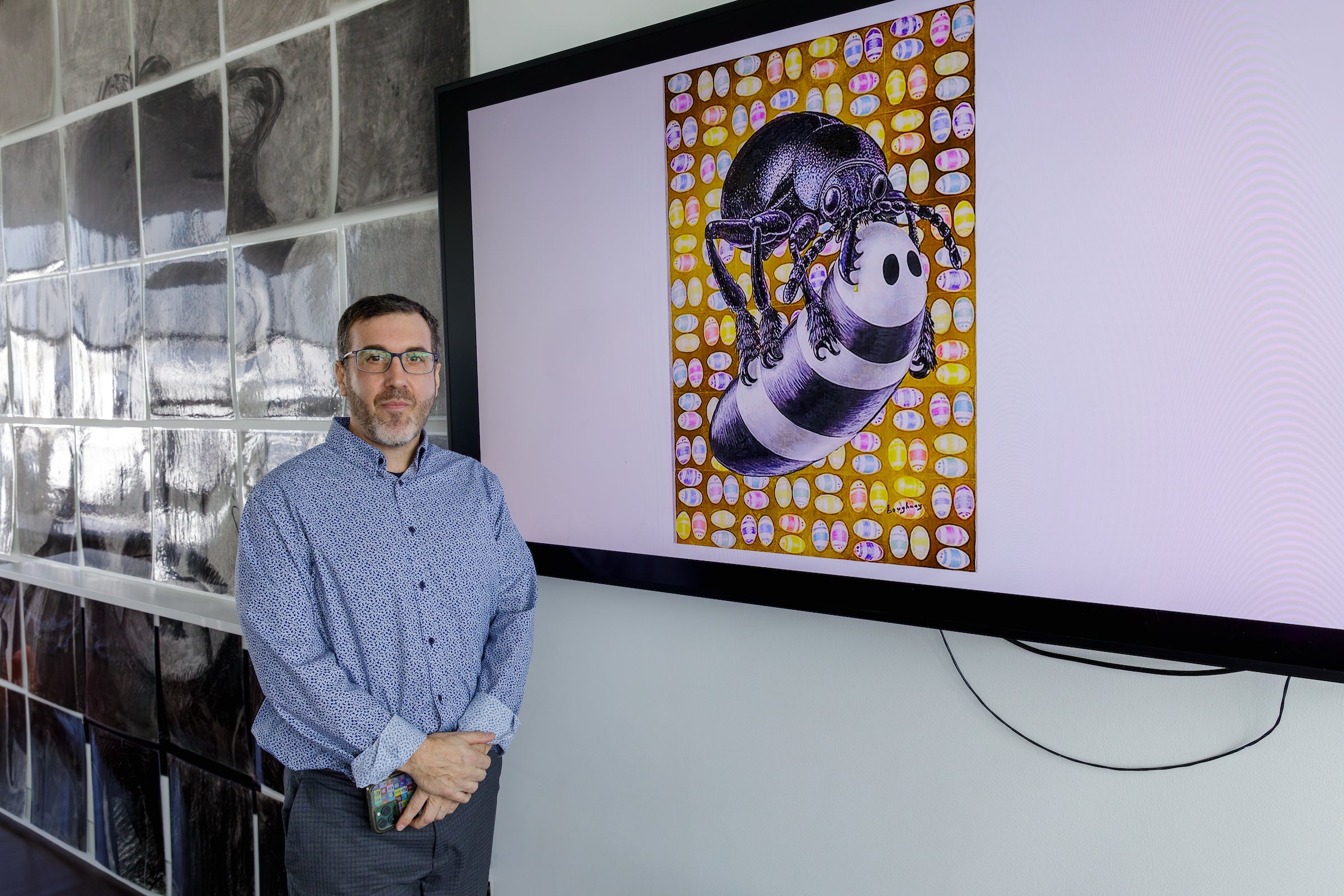
Acclaimed artist Mark Loughney, known for his “Pyrrhic Defeat” series – a collection of hundreds of sketches depicting the faces of individuals he encountered while incarcerated – joined the symposium lineup after Dixit completed an independent clinical in a criminal defense nonprofit office where his art hung in the conference room. “Every day I would find a new face to observe and be impressed by, and I decided right then and there that one way or the other, I was going to get Mark to Harvard,” she recounts.
A transformative experience
As the day unfolded, the symposium’s impact reverberated through the Harvard community. Dixit vividly recalls the flood of supportive messages in the Defenders group chat, expressing gratitude for the tireless behind-the-scenes efforts. “It was beautiful to see people show up for us,” Aléxis adds. “I was ready to cry over every single person that walked in the room.”
For Dixit, certain moments crystallized the symposium’s significance. During Loughney’s workshop, she witnessed him sketch an attendee’s portrait while fielding insightful questions about his creative process and experiences behind bars. “It was exactly the kind of conversation that I had hoped for,” she says.
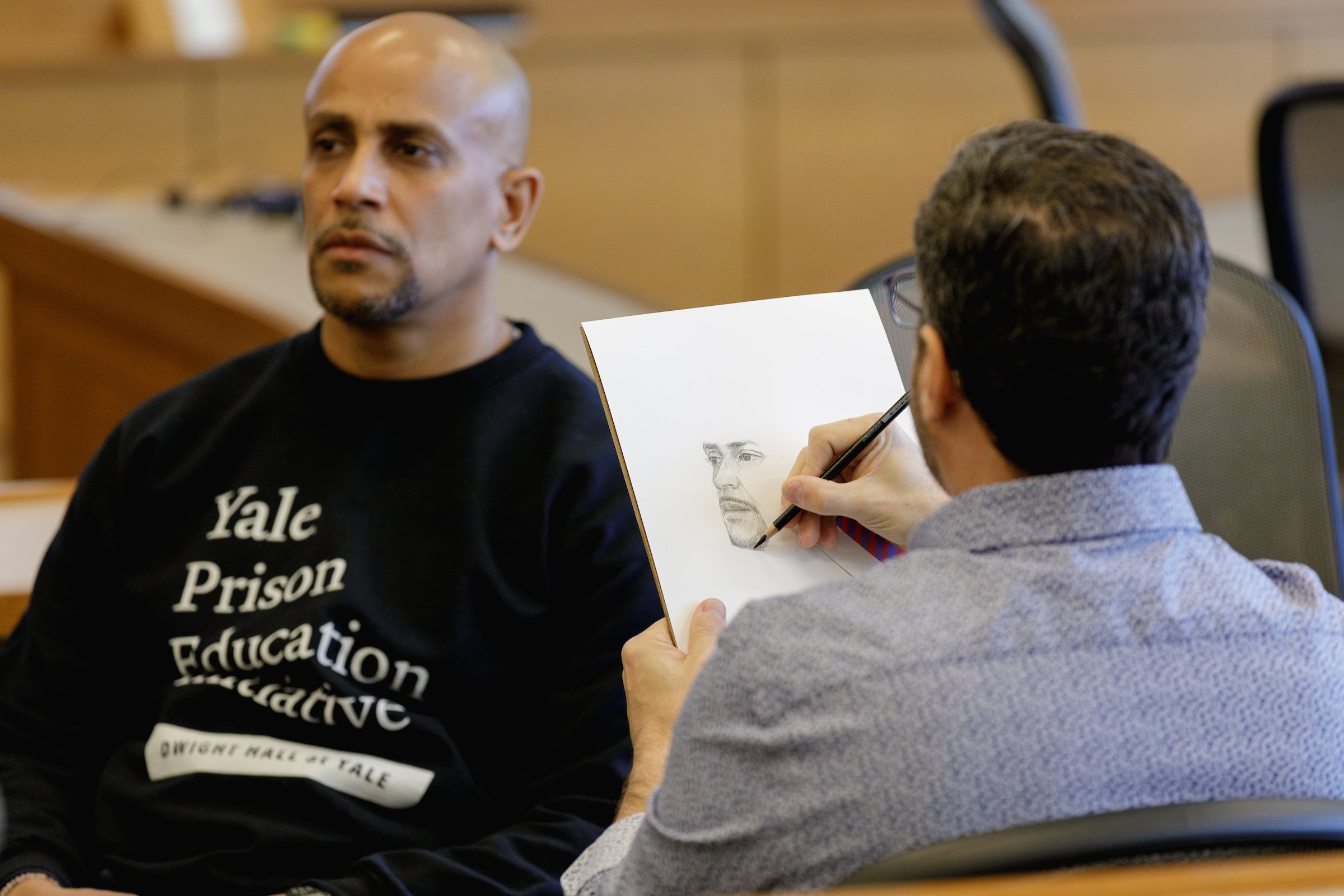
The culminating workshop, facilitated by Hosmer-Dillard, proved particularly poignant. Participants, including the organizers, contributed to a collective art piece initiated by Hosmer-Dillard’s incarcerated students. “There was something so necessary and nice about just sitting there and painting at the end of the day, after having this powerful day,” reflects Dixit.
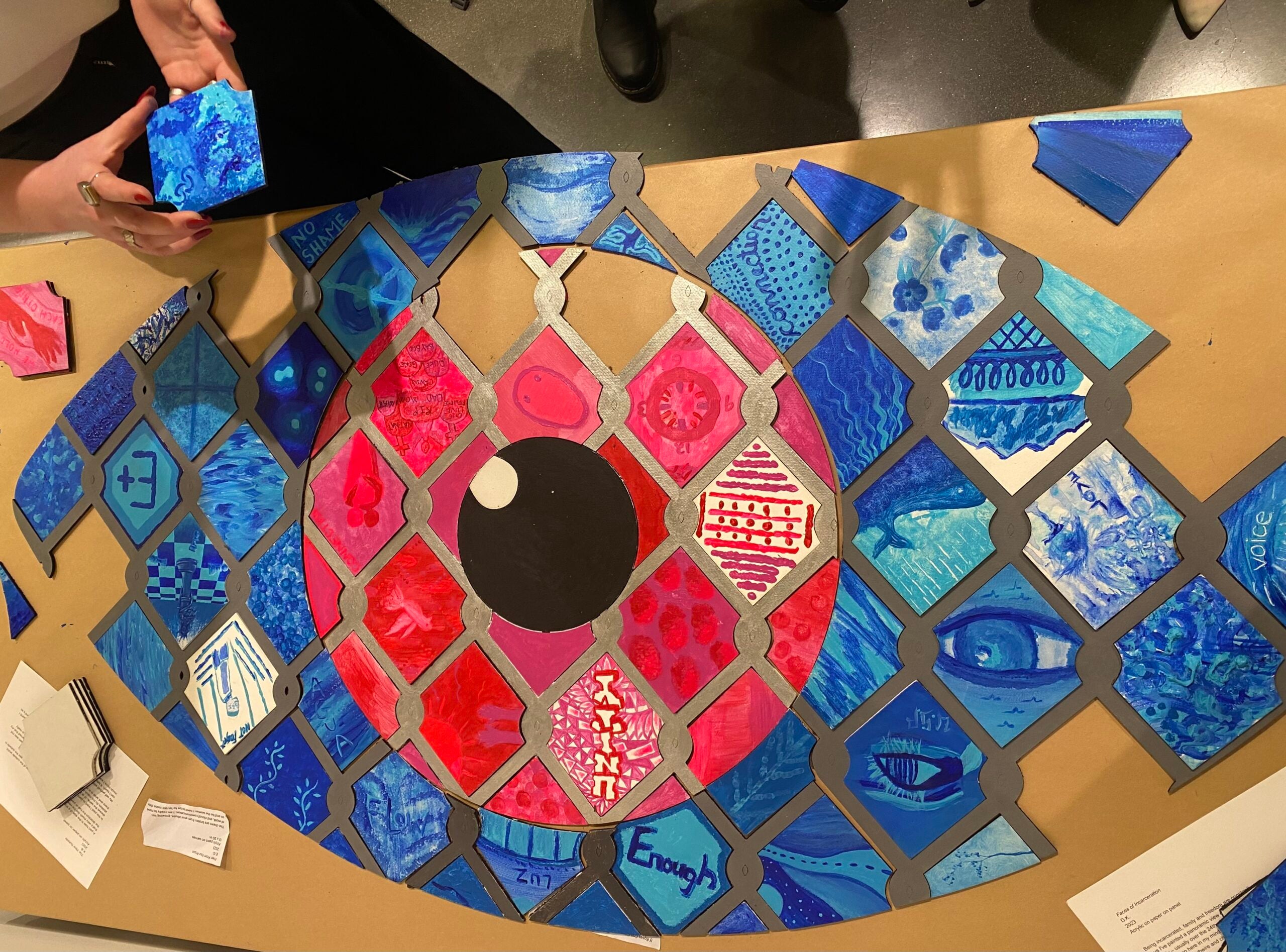
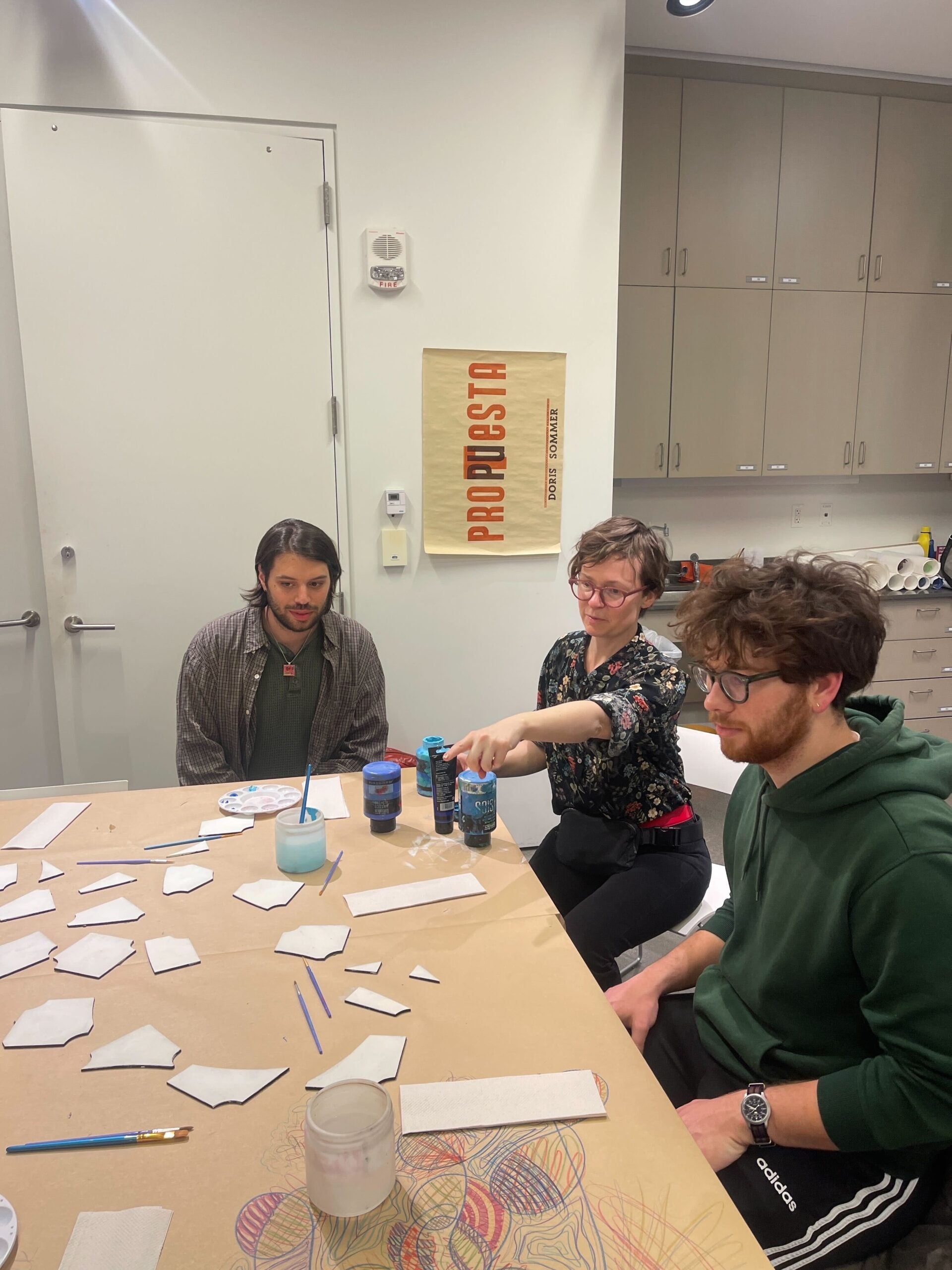
A legacy upheld
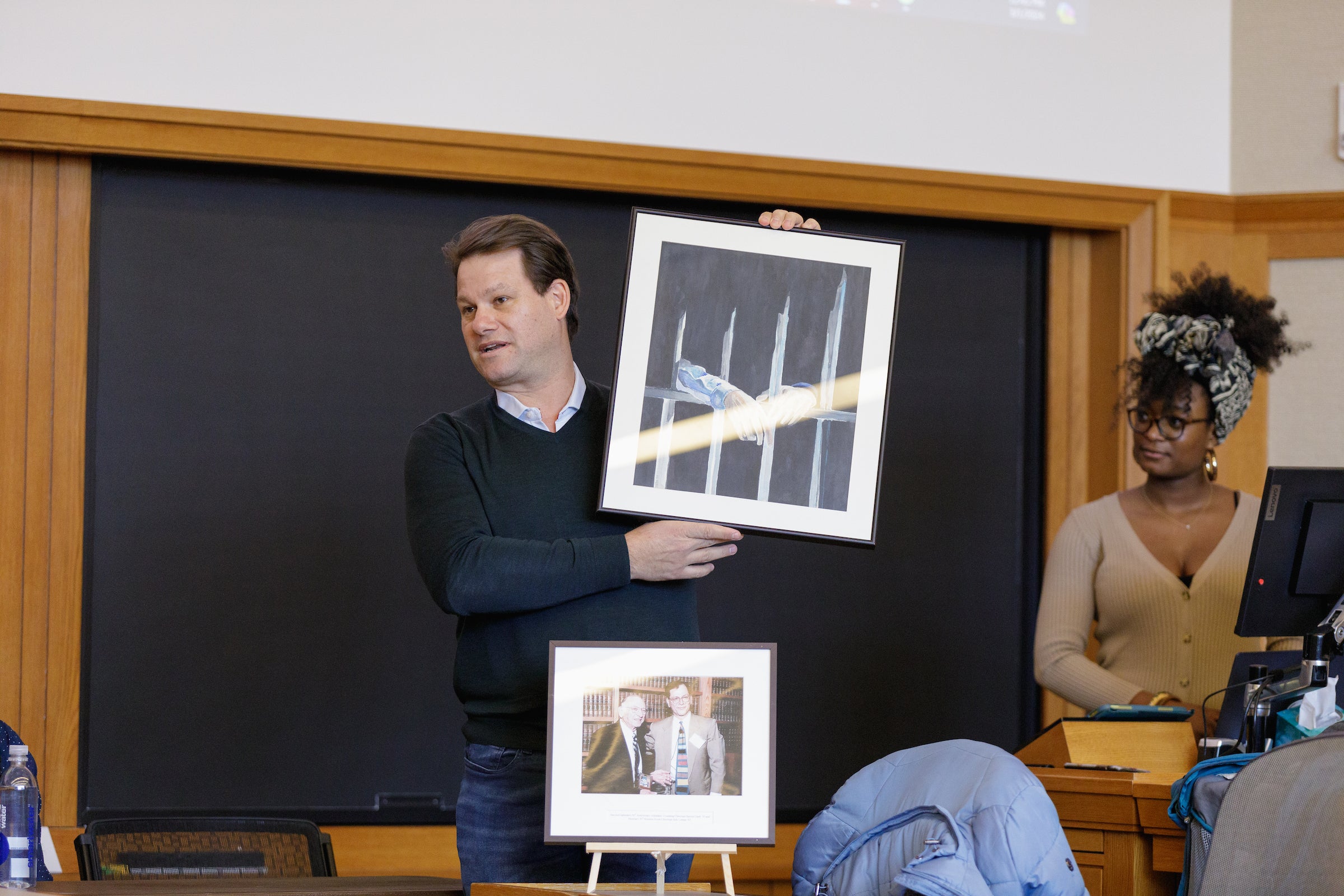
The symposium’s success resonated with Benjamin Litman, son of the late Jack T. Litman whose grant made the event possible. In his remarks, Benjamin shared how his father, a prolific defense attorney with a steadfast dedication to humanizing his clients, harbored a passion for art—he even brought a painting that hung in his father’s office, created by one of his former incarcerated clients.
For both organizers, the symposium encapsulated their journeys within the Harvard Defenders community. Dixit, a third-year transfer student, credits the group with shaping her positive law school experience by connecting her with “a network of people that are doing really meaningful work in progressive change-making.”
Aléxis, currently a second-year student, found her voice and confidence through the intensive planning process. “This event made me feel more confident moving forward in terms of the things that I participate in at the law school,” she says, “because I knew how to advocate for ourselves and for our event and for [whom] we wanted to bring to the campus to make this happen.”
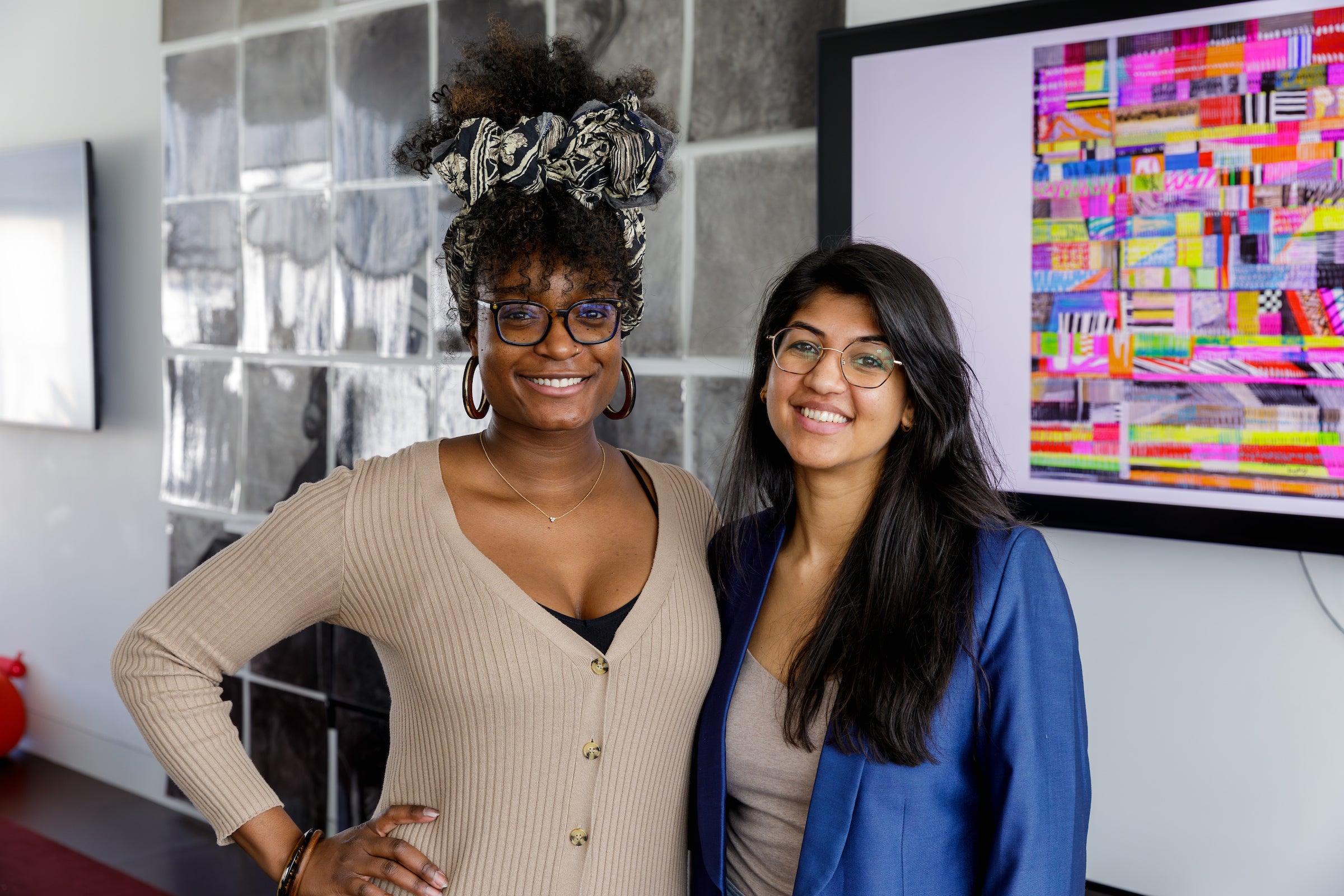
Looking ahead
As they reflect on the symposium’s resounding success, Aléxis and Dixit remain optimistic about the future of advocacy efforts amplifying voices too often marginalized within academic spheres.
“For us, it was an opportunity to have this conversation about, how do we reimagine our criminal legal system? And what does it mean to hold people accountable?” says Aléxis. By fostering dialogue rooted in personal narratives and creative expression, she believes prospects for substantive reform can flourish.
Dixit hopes that initiatives like the Litman Symposium can nurture emotional sustainability amidst the demanding work of navigating the criminal legal landscape. “There was a sense of hope. And there was a sense of healing that I think generally isn’t conveyed in these kinds of conversations,” she says.
Students and attendees left the day buoyed by the symposium’s demonstration of the transformative power that emerges when communities unite to elevate voices often consigned to the margins. Aléxis sums it up: “It was beautiful to see that people cared, people were willing to listen, and we got to share this moment together.”
View more photos from the Symposium:
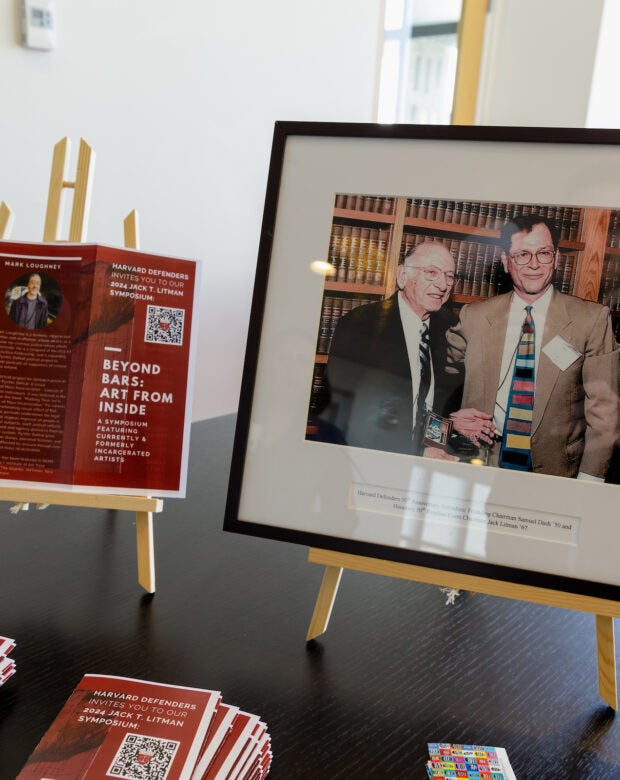
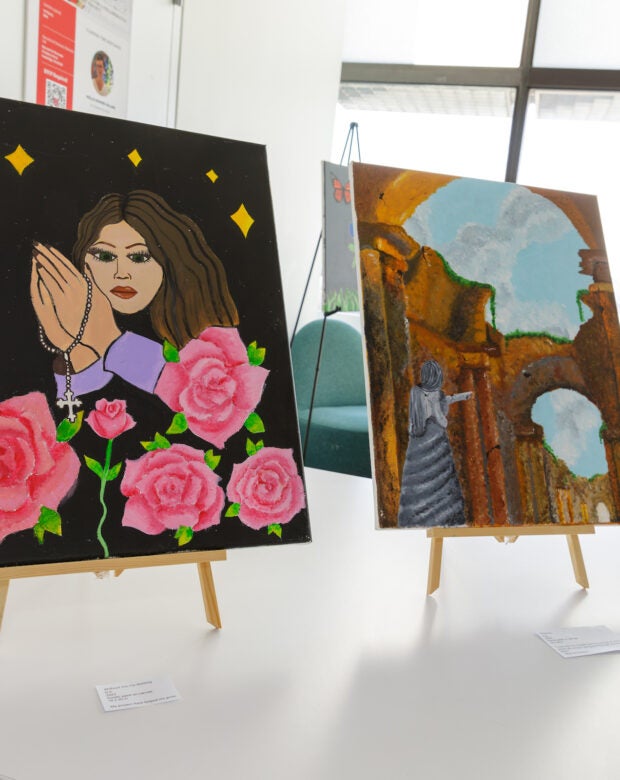
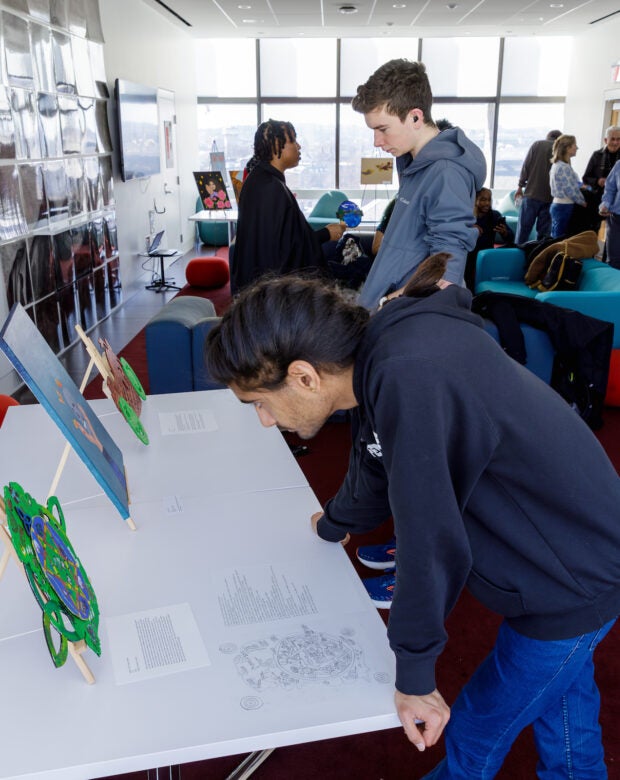
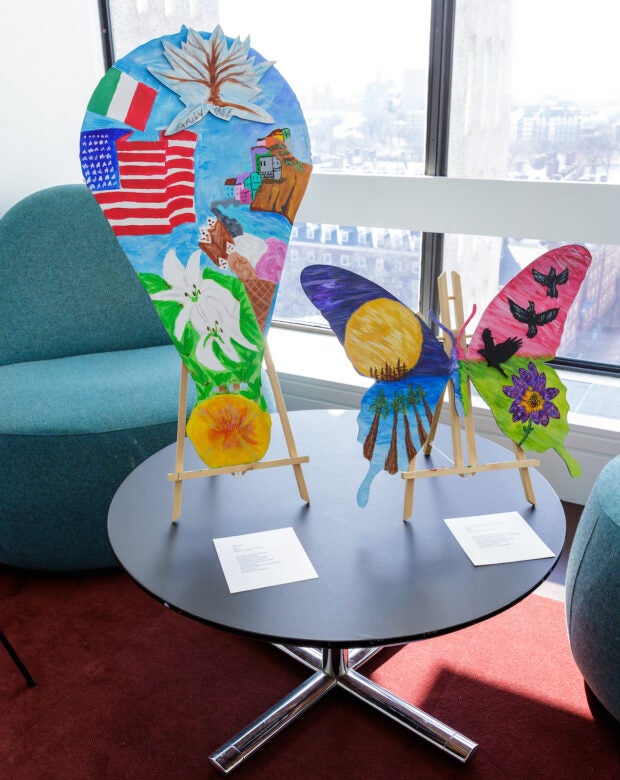
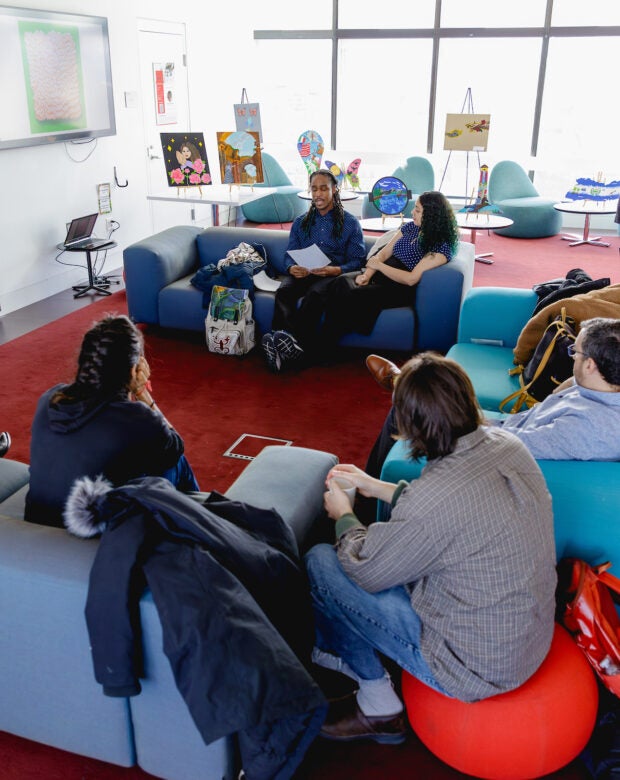
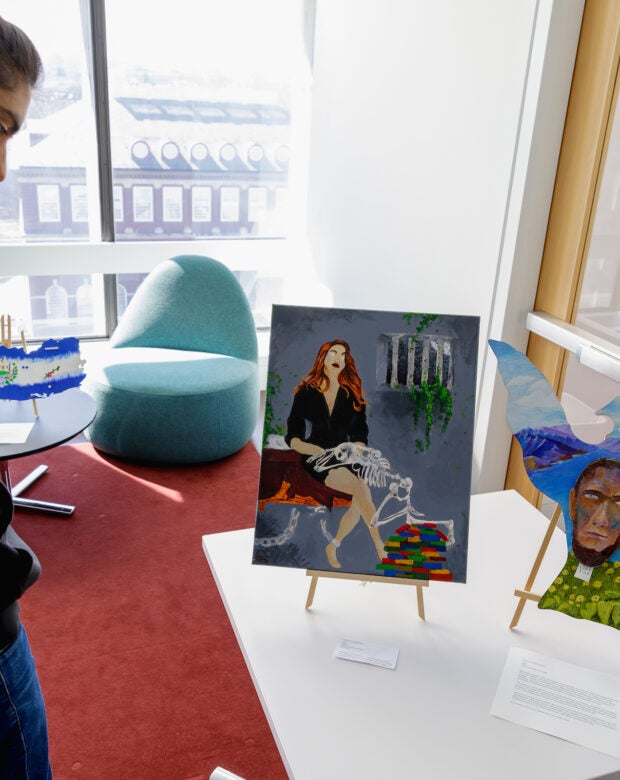
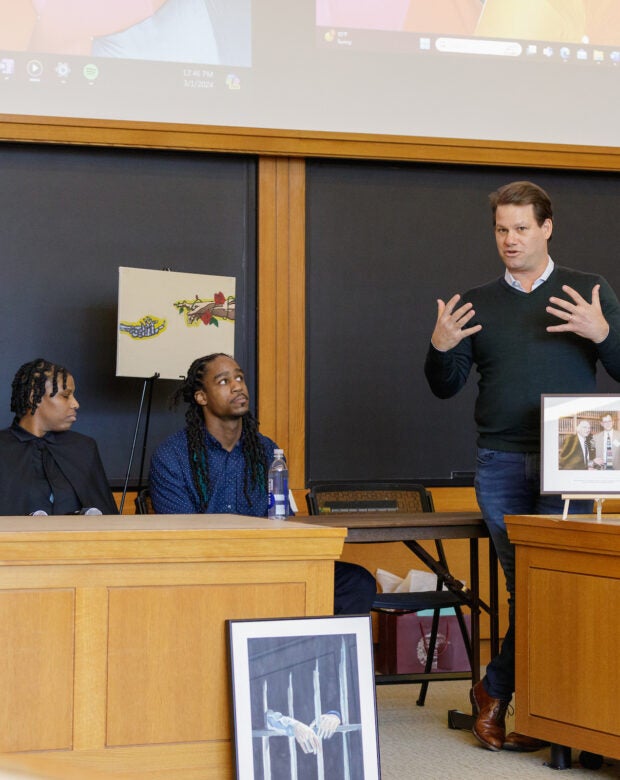
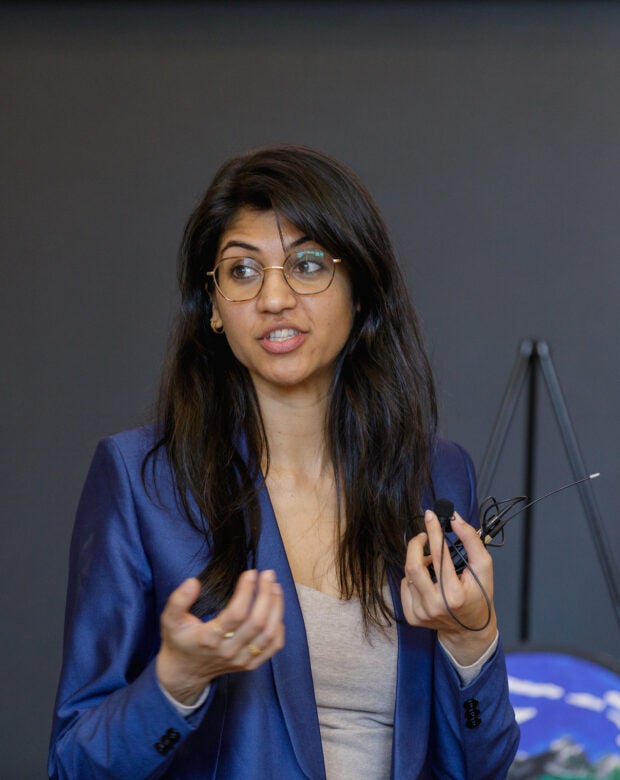
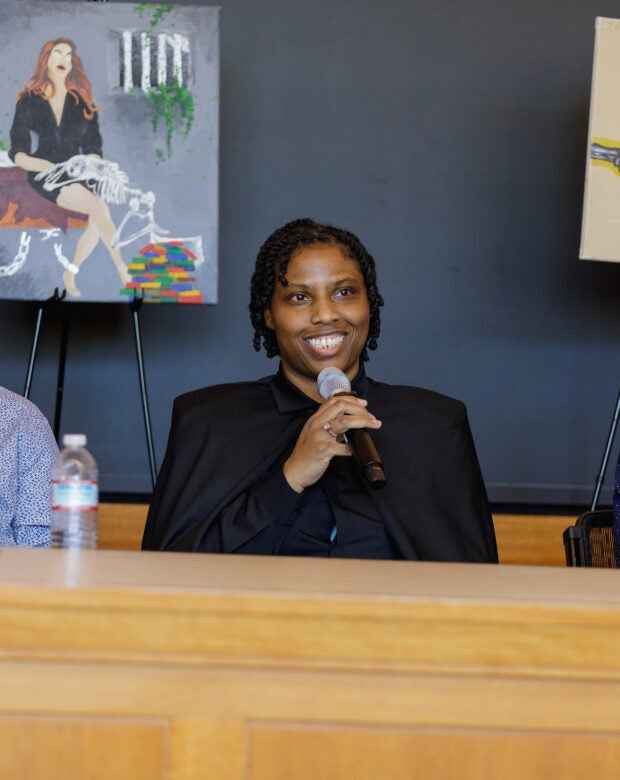
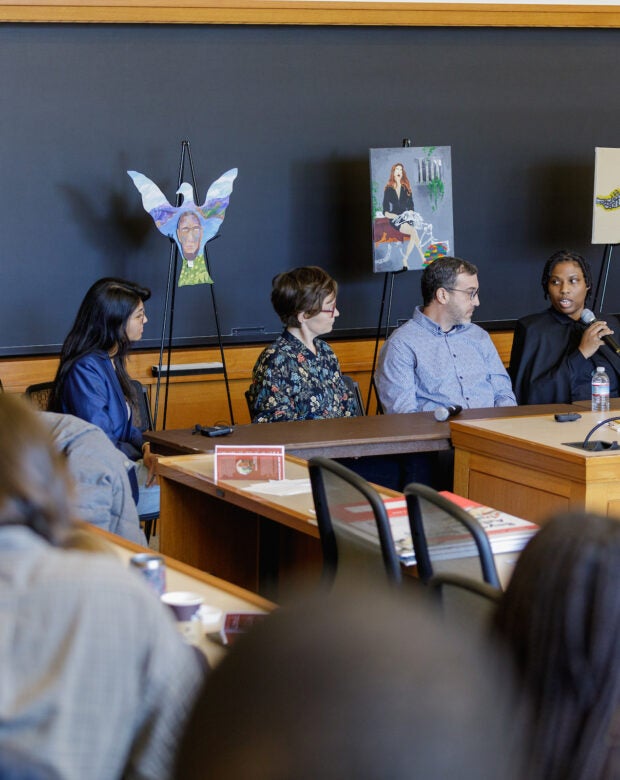
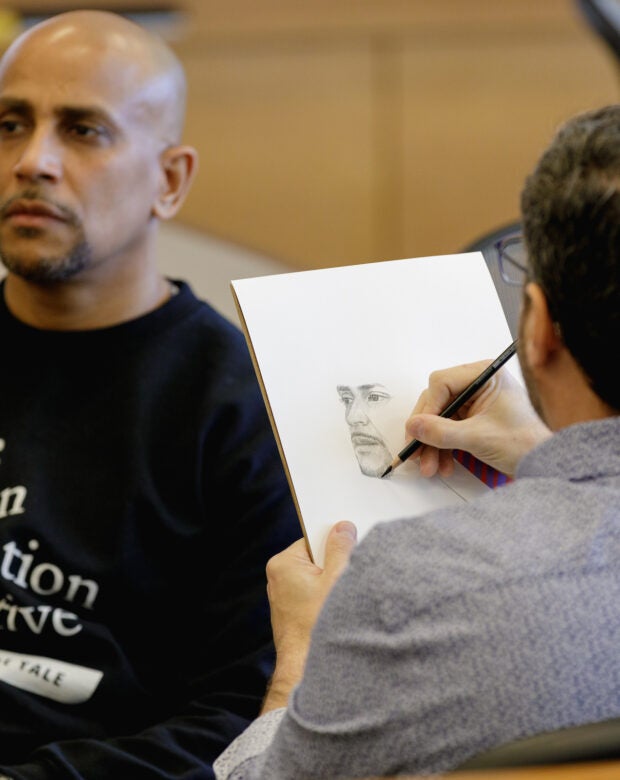
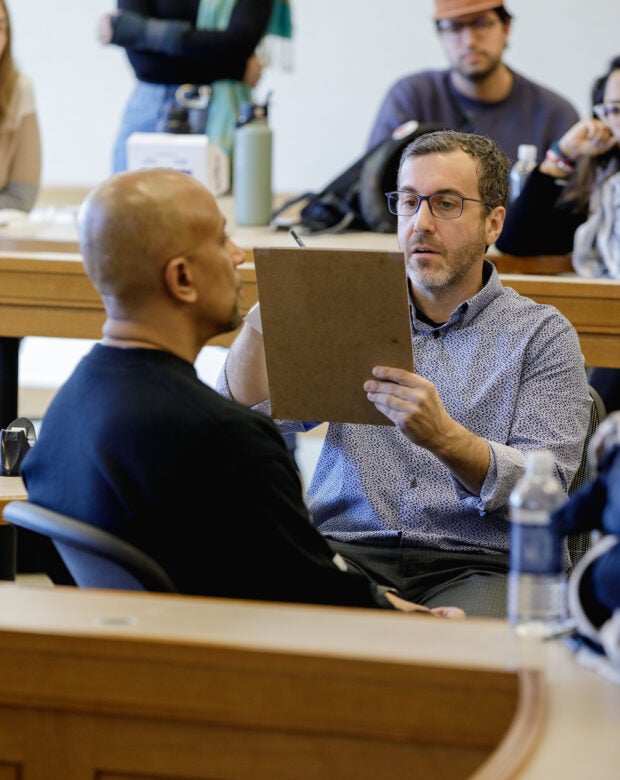
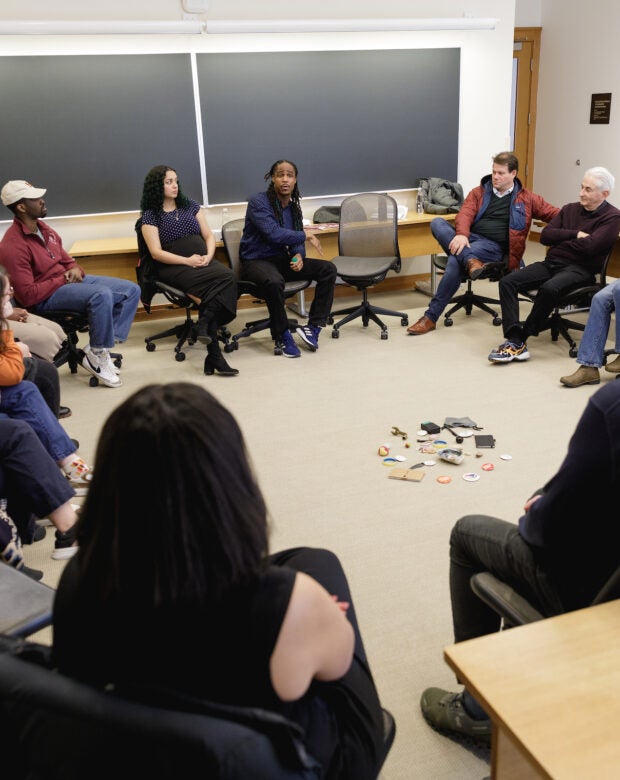
Filed in: Clinical Spotlight, Events
